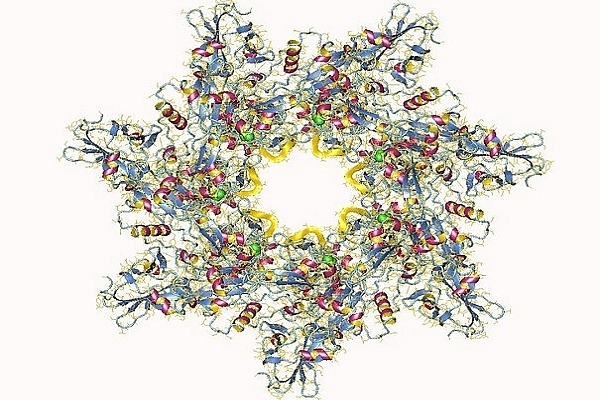
Indian Scientists Develop Superior Anthrax Vaccine To Provide Complete Protection Against Deadly Disease
A group of researchers from the Defence Research and Development Laboratory (DRDL), Mysore and Jawaharlal Nehru University (JNU), Delhi have developed a new Vaccine against Anthrax, reports India Science Wire.
Unlike the existing vaccines that generate immune response to the anthrax toxin alone, the new vaccine can do so against the anthrax toxin as well as its spores.
Anthrax is a deadly human disease caused by bacterium Bacillus anthracis that also infects animals like horses, sheep, cattle and goats. The spores of the bacterium can stay latent in the soil for years. However, under favourable environmental conditions, they become active and start to infect. Once they enter the body of a host, the spores germinates and start producing toxins.
The existing anti-anthrax vaccines generate response against a Bacillus protein-protective antigen - a protein that helps in transport of bacillus toxins inside the cells, which means that immune response is triggered only when spores germinate in the body and start producing bacterial proteins.
The group of Indian scientists decided to develop a vaccine which is effective against both the toxin and its spores. To achieve this, they stitched together portions of two genes - protective antigen protein and protein present in the outer layer of the spore. The fusion of the two proteins was then injected into mice.
A few days later, the scientists found that injected mice had high concentration of antibodies against fused proteins in its blood, demonstrating immune response against the injected protein.
They also found that the antibodies were also able to individually bind both spore and protective antigen protein, showing that the vaccine can generate immune response against both spores and the toxin.
The vaccines for anthrax are necessary as its infection can cause death within two to three days leaving no scope for diagnosis and treatment.